In the intricate web of global commerce, logistics companies like DHL play a crucial role in connecting businesses with consumers across borders. However, recent changes in US customs regulations have created significant disruptions, impacting not only the flow of goods but also the strategies of e-commerce giants and the purchasing power of American consumers. This article delves into the recent suspension and subsequent resumption of DHL's shipments, the broader implications of these regulatory changes, and the ripple effects on the e-commerce industry and beyond.
The Suspension and Its Causes
On April 21, DHL temporarily suspended business-to-consumer (B2C) shipments valued above $800 to the United States. This decision was prompted by a new US requirement that all shipments exceeding $800 be formally processed for entry, a significant reduction from the previous threshold of $2,500. This change led to a surge in formal customs clearances, overwhelming DHL's processing capacity and necessitating the suspension.
DHL explained that the sudden increase in customs clearances required around-the-clock handling to manage the backlog. "This change has caused a surge in formal customs clearances, which we are handling around the clock," the company noted. The suspension was not an isolated incident; it was part of a broader pattern of disruptions affecting global trade flows to the US.
The Impact on E-commerce and Consumers
The suspension had far-reaching implications for e-commerce companies and American consumers. E-commerce giants like Temu and Shein, which source most of their products from China, were particularly affected. These companies had already raised prices on many items in anticipation of the regulatory changes, impacting the affordability of their products for American shoppers.
The timing of these changes coincided with the expiration of the so-called "de minimis" exemption, which allowed international shipments valued at $800 or less to enter the US without tariffs. This exemption was set to expire on May 2, and its elimination was a direct result of President Donald Trump's decision to tighten customs regulations. The impact was immediate and significant, with companies like Temu and Shein adjusting their pricing strategies to mitigate the increased costs.
The Resumption and Regulatory Adjustments
On Monday, DHL announced that it would resume shipments of goods valued above $800 to the US. This decision came after the company worked to enhance its clearance capacity and engaged in a "constructive dialogue" with US authorities, including the Department of Commerce, to optimize customs regulations. "Adjustments to US customs regulations will allow DHL to resume accepting B2C shipments with a declared value exceeding $800 into the US," the company stated. The resumption was effective immediately.
The resumption of shipments is a significant development, but it does not mark the end of the challenges posed by the new regulations. The increased scrutiny and processing requirements for shipments valued above $800 will continue to impact logistics and supply chains. Companies like DHL will need to maintain enhanced clearance capacities to handle the increased workload, while e-commerce businesses will need to adapt their strategies to manage the higher costs associated with these shipments.
Broader Implications for Global Trade
The recent suspension and resumption of DHL's shipments highlight the complexities and vulnerabilities of global trade in the face of regulatory changes. The US's decision to lower the customs threshold has significant implications for businesses and consumers alike. For businesses, it means increased costs and operational challenges, while for consumers, it translates to higher prices and potential delays in receiving goods.
Moreover, the expiration of the "de minimis" exemption has broader implications for the e-commerce industry. Companies that rely on low-cost, high-volume shipments to the US will need to reassess their strategies and potentially adjust their pricing models to remain competitive. This could lead to a shift in consumer behavior, with shoppers becoming more selective in their purchases and potentially seeking out alternative sources for goods.
The Role of Logistics Companies
Logistics companies like DHL are at the forefront of these challenges, tasked with navigating complex regulatory landscapes while maintaining efficient supply chains. The suspension and subsequent resumption of shipments underscore the critical role these companies play in facilitating global trade. Their ability to adapt and enhance their clearance capacities is crucial for the smooth flow of goods, especially in the face of regulatory changes.
DHL's engagement with US authorities highlights the importance of collaboration between the private sector and government agencies. Constructive dialogues and regulatory adjustments are essential for optimizing customs processes and minimizing disruptions. As global trade continues to evolve, the ability of logistics companies to adapt and innovate will be crucial in maintaining the efficiency and reliability of supply chains.
The recent suspension and resumption of DHL's shipments to the US highlight the complex interplay between regulatory changes and global trade. The decision to lower the customs threshold and eliminate the "de minimis" exemption has significant implications for logistics companies, e-commerce businesses, and consumers. While DHL's resumption of shipments is a positive development, it does not mark the end of the challenges posed by these regulatory changes. Companies will need to continue adapting their strategies to manage increased costs and operational complexities, while consumers will need to navigate a landscape of higher prices and potential delays.
As global trade continues to evolve, the ability of logistics companies to navigate regulatory changes and maintain efficient supply chains will be crucial. The recent events underscore the importance of collaboration between the private sector and government agencies, as well as the need for regulatory adjustments to minimize disruptions. The future of global trade hangs in the balance, and the choices made today will shape the economic landscape for years to come.

By Eric Ward/Apr 29, 2025

By Jessica Lee/Apr 29, 2025

By Lily Simpson/Apr 29, 2025
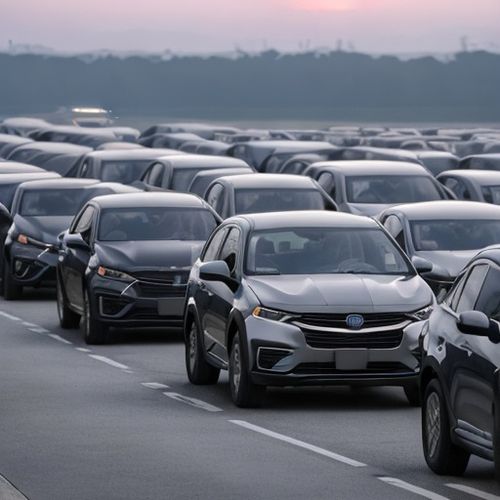
By Amanda Phillips/Apr 29, 2025
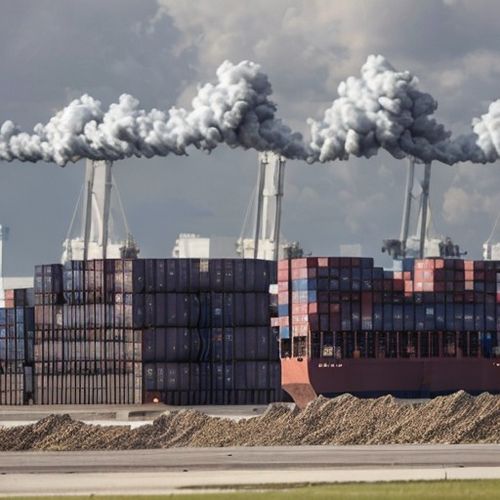
By James Moore/Apr 29, 2025
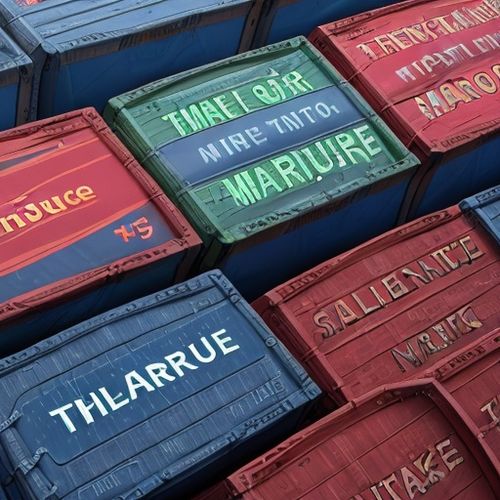
By Amanda Phillips/Apr 29, 2025

By Sophia Lewis/Apr 29, 2025

By Ryan Martin/Apr 29, 2025

By Elizabeth Taylor/Apr 29, 2025
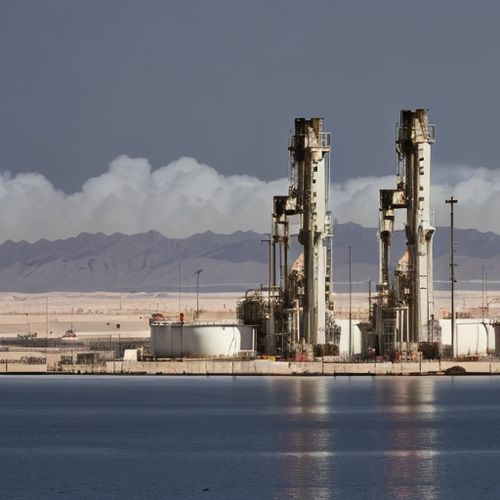
By Noah Bell/Apr 29, 2025
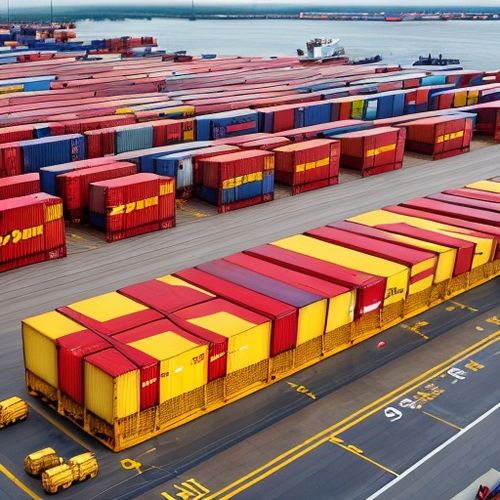
By Emily Johnson/Apr 29, 2025

By Grace Cox/Apr 29, 2025

By Rebecca Stewart/Apr 29, 2025

By Elizabeth Taylor/Apr 29, 2025
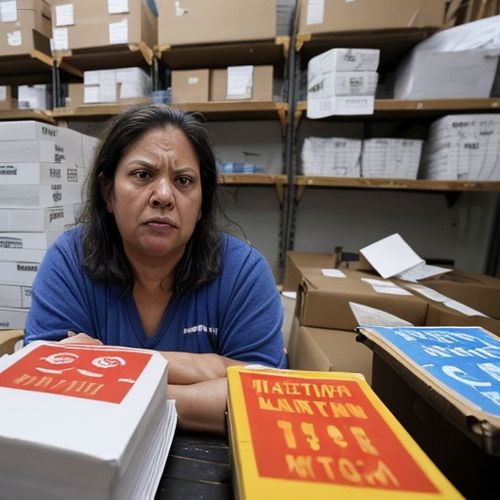
By Michael Brown/Apr 29, 2025
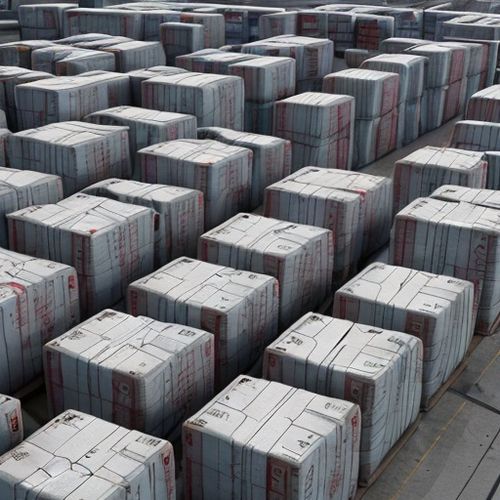
By Olivia Reed/Apr 29, 2025
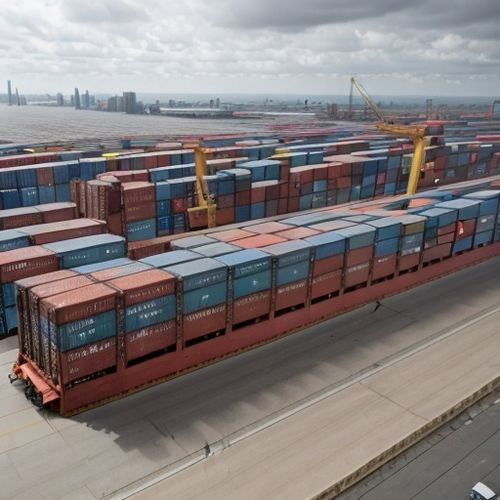
By Daniel Scott/Apr 29, 2025
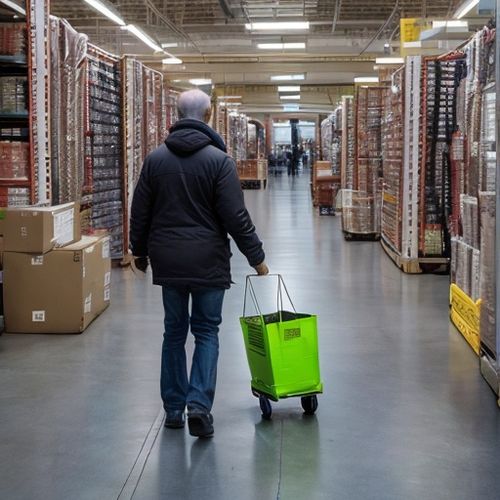
By Joshua Howard/Apr 29, 2025

By Megan Clark/Apr 29, 2025

By John Smith/Apr 29, 2025